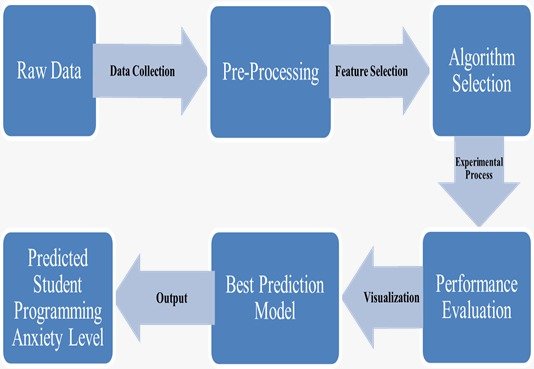Comparative analysis of supervised machine learning algorithms for predicting student programming anxiety levels
Keywords:
Computer Programming, Anxiety, Machine Learning, Logistic Regression Algorithm, Prediction Model, Classification AlgorithmsAbstract
Computer programming anxiety is a widespread problem in students taking computing-related degrees, which normally impacts their grades and confidence in programming activities. As much as the psychological and academic effects of programming anxiety have been researched, there still exists a gap in research in using supervised machine learning methodologies in predicting anxiety within these varied computing fields. This study demonstrated a comparative analysis of supervised machine learning classification techniques for predicting student programming anxiety levels. A cross-sectional data set comprised of student self-reported answers were analyzed using feature selection methods to determine the most relevant attributes. The five classification algorithms utilized in the study were J48 Decision Tree, Random Forest, Support Vector Machine, Logistic Regression, and Naive Bayes. All the algorithms were applied to create a respective prediction model, and the models were implemented and tested with the help of the WEKA software tool. The performance of the models was evaluated based on accuracy, F-measure, precision, recall, and Cohen’s kappa. Among all the resulting prediction models, the one created from Logistic Regression performed the best in overall performance and showed excellent predictive ability. The results illustrated that machine learning models can be used effectively to build predictive systems for facilitating early identification and intervention for programming anxiety students, thus improving academic support approaches.

Published
How to Cite
Issue
Section
Copyright (c) 2025 Authors

This work is licensed under a Creative Commons Attribution 4.0 International License.








